
Los Angeles Angels
60th Season
First Game Played April 11, 1961
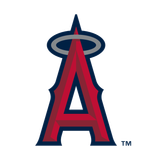
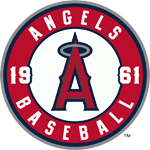
Historical Moments
As one of baseball's first expansion teams in 60 years, just getting ready for their first season was a problem for the Los Angeles Angels. Originally it had been planned that they be among four teams to begin to play in 1962.
However, a deal allowing relocation to Minnesota for Washington Senators Owner Calvin Griffith forced the Angels to get ready without a home field. The plan was for the Angels to share Dodger Stadium until a permanent home could be found.
The Stadium at Chavez Ravine would not be ready for another year, so the Angels had to use a minor league stadium used by the Pacific Coast League's Los Angeles Angels. The stadium they were set to play in was called Wrigley Field since it was a smaller but almost exact duplicate of the famous stadium in Chicago.
This stadium was the shooting location for several renowned baseball movies, including "Pride of the Yankee," as well as the 1960 TV show "Home Run Derby," which saw the era's best hitters slugging it out for money every week. American League baseball in California was all set to begin as the Angels took the field for their first game ever on April 11th.
Gene Autry, who made a name of himself as "The Singing Cowboy" in westerns, owned the expansion team. When Autry's Angels took the field that 1st day in Baltimore with a mixture of unproven rookies and veteran castoffs in the very first Inning Ted Kluszewski connected for a two-run homer to give the Halos an early lead.
Big Klu would hit another two-run homer later in the game as the Angels won their first game 7-2. Despite the promising start, the Angels would never be a factor in the pennant race.
However, with their 71-91 record remains the best finish for an expansion team's first year.
Angels Best
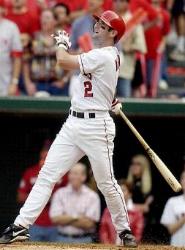
Adam Kennedy
2000-2006
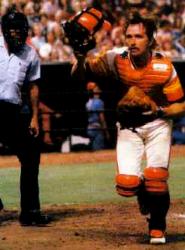
Alan Ashby
1979-1989
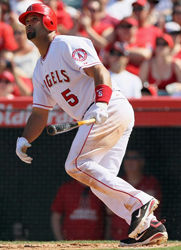
Albert Pujols
2012-Present
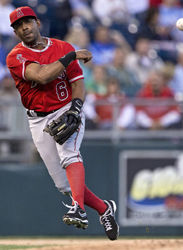
Alberto Callaspo
2010-2013
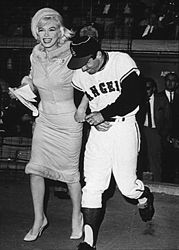
Albie Pearson
1961-1966
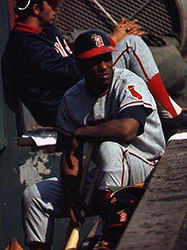
Alex Johnson
1970-1971
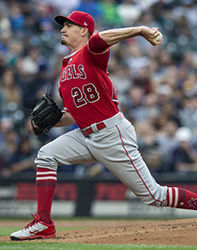
Andrew Heaney
2015-Present
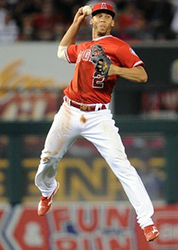
Andrleton Simmons
2016-Present
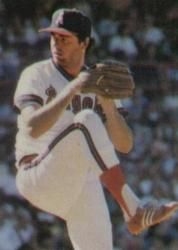
Andy Hassler
1970-1976, 1980-1983
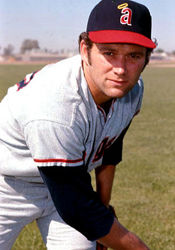
Andy Messersmith
1968-1972
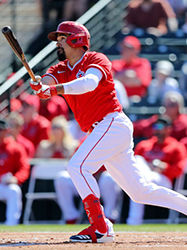
Anthony Rendon
2020-Present
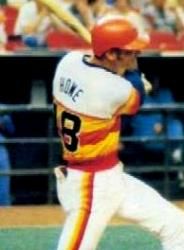
Art Howe
1976-1982
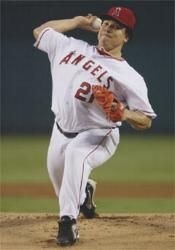
Bartolo Colon
2004-2007
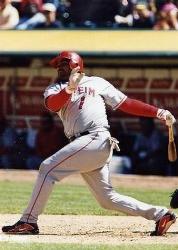
Bengie Molina
1998-2005
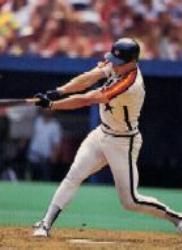
Bill Doran
1982-1990
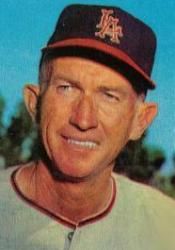
Bill Rigney
MGR 1961-1969
Angels Stadiums
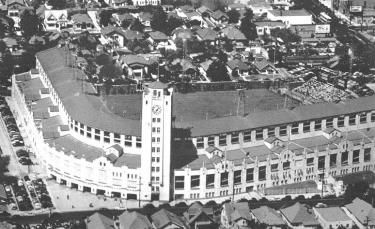
1961
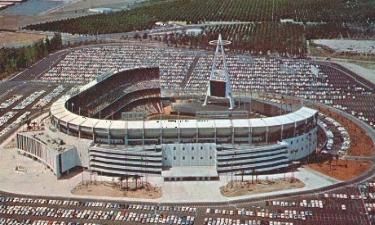
Before Football Expansion 1966-1979
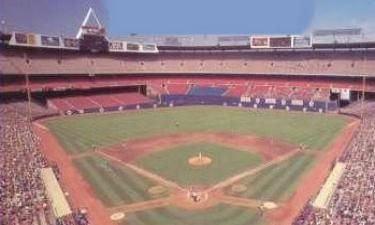
1979-1997
Championship Teams
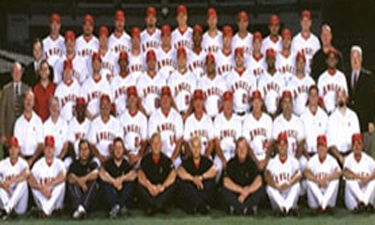
2002 World Champions
Anaheim Angels